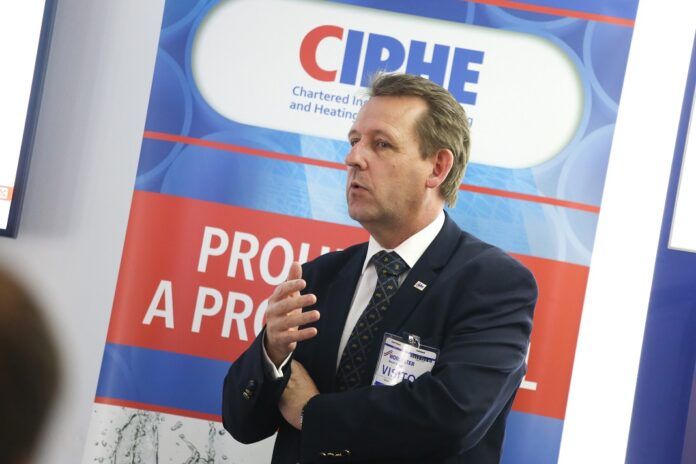
Following warnings from the head of the Intergovernmental Panel on Climate Change (IPCC) the need for UK homes to use less energy, the Chartered Institute of Plumbing and Heating Engineering (CIPHE) is stressing the crucial role plumbing and heating installers have in combatting climate change.
The CIPHE encouraged all plumbing and heating installers to talk to their customers about energy-saving options.
Kevin Wellman, CIPHE’s CEO, said: “Plumbing and heating installers have considerable impact on how their customers understand, use and save energy and it is increasingly vital that they use their influence to protect the planet.
“Installers are experts in home energy use and provide much-needed consultancy to the public. In this way, they often have a dramatic impact on a household’s annual energy expenditure.”
The CIPHE provides a home health check as part of its eco-conscious offerings and regularly encourages installers to recommend this service to their customers. The home health check encompasses heating, controls, hot and cold water services, renewables as well as water safety and drainage.
Kevin added: “By encouraging homeowners to have a home health check carried out, installers can make a significant difference to the amount of energy that household uses. A home health check will identify areas where energy is being wasted as well as appropriate upgrades.
“It’s also a great opportunity for installers to recommend actions that homeowners can take to benefit the environment, such as turning down the thermostat or being more mindful when it comes to water waste.”
At the annual CIPHE President’s Dinner earlier this year, Chris Yates, CEO of the Federation of Environmental Trade Associations, said: “Considering the current situation of high energy prices and rising interest rates, consumers may not be in a position to spend money on their properties.
“But if we frame the energy-efficient upgrades as a 10-year programme – one which will benefit homeowners current heating and cooling capabilities and help save towards a low-carbon alternative – they will be far more likely to take action.”
